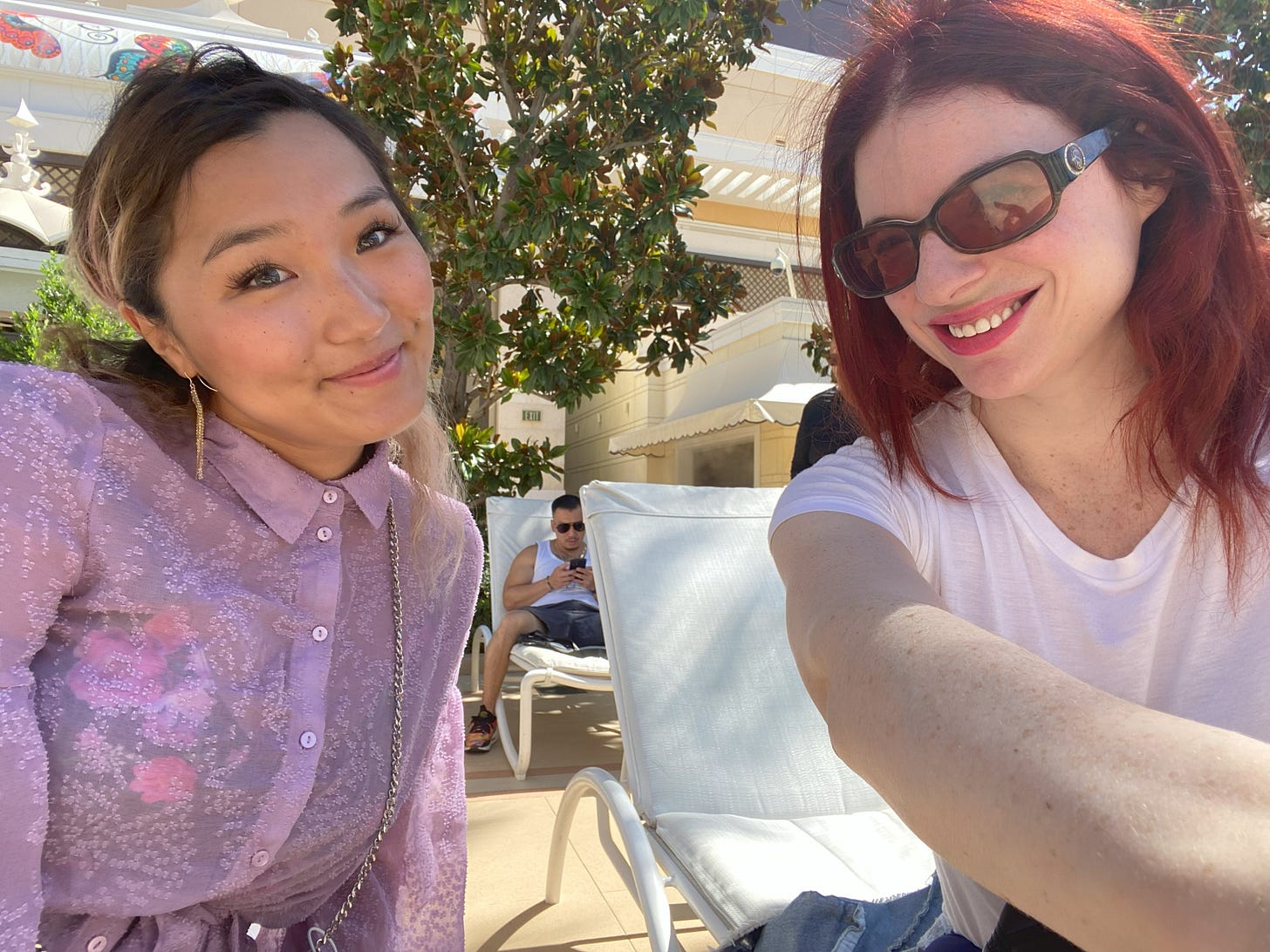5 Things I learned from Memory World Champion Yanjaa Westgate
Record setting Memory Champion and International Memory Grandmaster Yanjaa Westgate has given me a lot of insight into memory.
Before meeting World Memory Champion Yanjaa Westgate, I had so many misconceptions about memory. I thought it was all about brute force, and that it was one of the least fun or creative parts of the learning process.
Let’s start with a cliche I’m sure you’ve heard:
“I’m terrible with names, but I never forget a face”
But who has said the opposite?
“I’m terrible with faces, but I totally remember your name.”
On the GRID podcast, Yanjaa told me it’s a false equivalency. Faces are more about recognition, while names require active recall and reproduction. It’s a legitimately more difficult task, so it makes sense to have more trouble with it—you need to work harder to grow the face-naming muscle. Yanjaa should know better than anyone in the World. She broke the World Record in 2017 for memorizing the most names and faces: 212 in 15 minutes. Now you have no excuse to forget the names of your neighbors Jolene and Matt1.
Yanjaa also taught me that memory is largely about creativity and focus, not inherent talent.
Four other key things I learned from Yanjaa:


